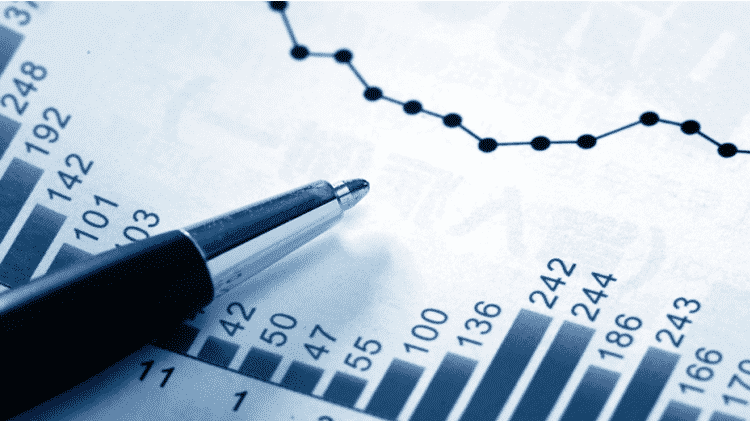The Business Confidence in Pakistan stands at 14 percent positive, a significant decline from the 21 percent positive recorded in the Wave 15 results announced in November 2017.
The survey results were largely influenced by the pessimism in the retail and wholesale trade sector, which recorded a sharp decline in Business Confidence to positive 6 percent compared to positive 40 percent in the Wave 15. The confidence of the manufacturing sector was stable at 15 percent positive, while the services sector was bullish at 23 percent positive vs 15 percent in the previous Wave 15 survey.
Overseas Investors Chamber of Commerce and Industry (OICCI) Business Confidence Index (BCI) Survey – Wave 16, conducted every six months, is a comprehensive review of both local and global business aspects and is indicative of the direction in which the economy is moving based on the perceptions of key stakeholders of the business community across the country and represents about 80% of the GDP.
ALSO READ
SECP Issues New Legal Structure for Flexible Business Partnerships
The sentiments of the leading foreign investors, represented by the OICCI members who were part of the survey, also recorded a decrease, albeit by 4 percent only, to go down to 38 percent from 42 percent in the Wave 15 results.
OICCI President Mr. Bruno Olierhoek said
The significant decline in Business Confidence is not surprising considering that the country has had many challenges during the past six months like Balance of Payment crisis, political uncertainty and related media hype on non-economic issues, decline in FX reserves and significant weakening of exchange rate and Pakistan’s inclusion in FATF grey list together with regular concerns on Pakistan economy reported by local and international media. OICCI members believe that this situation should be taken as a wake-up call by the highest authorities and leaders by proactively engaging with key stakeholders of the economy, like OICCI, and resolving current concerns of the investors, including on matters of taxation, mounting tax refunds and circular debt, and harmonization of policies across different federal and provincial jurisdictions supported by visible improvement in good governance and a policy framework which is progressive, transparent, consistent and predictable .
Despite an increase in the BCS for Lahore and Rawalpindi, the overall score for Metros declined by 8% due to a drastic decrease of 18% in the score of Karachi. The score for Non-Metros declined marginally by 3%.
Future is Optimistic
Looking ahead, for the next six months, the major reasons identified by Wave 16 survey respondents for decline was in terms of the lower Profit and ROI expectations and upcoming political instability expected due to elections. Return of energy crises was also a reason for increasing pessimism about the future followed by concern on the sustainability of the security situation.
Among the positive aspects, was a directional increase in total employees, plans for business expansion, security improvement, expectations of new business alliances (CPEC) and an increase in demand.
Going forward, Bruno Olierhoek added, “OICCI members are confident that with genuine public private partnership and proactive and timely critical interventions by the provincial and federal authorities on all issues hindering investment and economic activities, including FDI and export and Pakistan’s dismal rating of 147 out of 190 countries in the World Bank’s 2018 Ease of Doing Business, Pakistan can achieve much higher economic growth and prosperity which it deserves.”





















